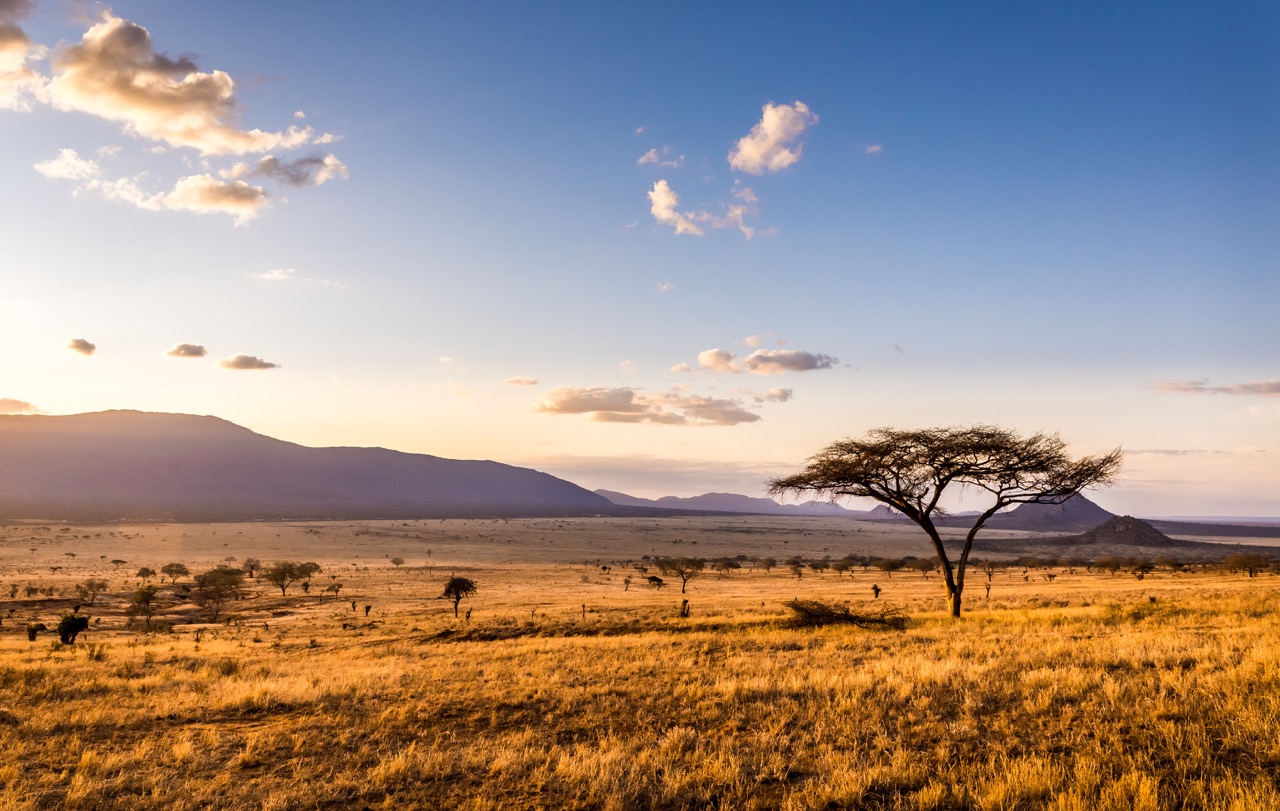Co-creating a climate-resilient african grasslands: The multispecies swards approach

Project
Co-creating a climate-resilient african grasslands: The multispecies swards approach
Location
Nigeria
Theme
Livestock
Funding
Travel Grant
Improving livestock production while preserving Africa’s grasslands
Project Partners: Federal University of Piauí (UFPI), Brazil and Rothamsted Research
Grasslands are Africa’s most extensive land use type, covering nearly 45% of the continent’s total land area. These ecosystems are vital, providing forage for livestock and wildlife while supporting the livelihoods of millions of rural residents who depend on livestock production. However, grasslands are under increasing pressure due to expanding human populations, land conversion for arable farming, overgrazing, and the growing impacts of climate change. Degradation of grasslands, reduced forage quality, and increased vulnerability to extreme weather events threaten the continent’s food security and economic stability.
To address these challenges, sustainable intensification of grasslands is gaining attention as a strategy to improve productivity while preserving the environment. One promising climate-smart approach is multispecies swards, which involve planting diverse mixtures of grasses, legumes, and herbs. These mixtures enhance ecosystem resilience, improve soil health, reduce enteric methane emissions up to 33%, and increase forage yields up to 40 % without excessive reliance on farm inputs such as fertilisers and pesticides. Research in temperate regions has demonstrated these benefits, but their potential remains largely unexplored in African grasslands and the tropical environment.
Why multispecies swards?
There are numerous advantages of multispecies swards in African grassland systems, including:
-
- Climate resilience: they help withstand droughts by combining deep- and shallow-rooted species that access water at different soil depths.
- Soil health and carbon sequestration: these diverse mixtures improve soil structure, enhance water retention, increase soil carbon and nitrogen levels, reduce soil erosion, and farm inputs.
- Biodiversity and pest resistance: various plant species enhance biodiversity, reducing the risks associated with monocultures, such as pest and disease outbreaks.
- Livestock nutrition and productivity: Higher forage quality and year-round availability of diverse nutrients improve animal health and productivity and reduce enteric methane emissions.
There are also several challenges that need to be overcome to move forward. Despite their potential, adopting multispecies swards in African grasslands is challenging due to limited knowledge, a lack of research on tropical forage mixtures, and insufficient funding for agricultural innovation. Addressing these gaps requires collaborative efforts through research networks, policy support, and investment in sustainable grassland farming practices.
The global farm platform has highlighted the need for a multispecies swards approach for a viable, climate-resilient African grassland. By advancing this approach through research and knowledge sharing, African countries can develop resilient, productive, and sustainable grasslands that benefit the environment, support rural communities, and enhance food security and economic stability, particularly for rural farmers.
For more information
For more information on this project, contact us, or view all projects funded under the Climate-Smart Agriculture Partnership programme.
Innovate UK Climate-Smart Agriculture Partnership: UK-Brazil-Africa brings together innovative people and organisations to promote climate-smart agriculture in Africa.

